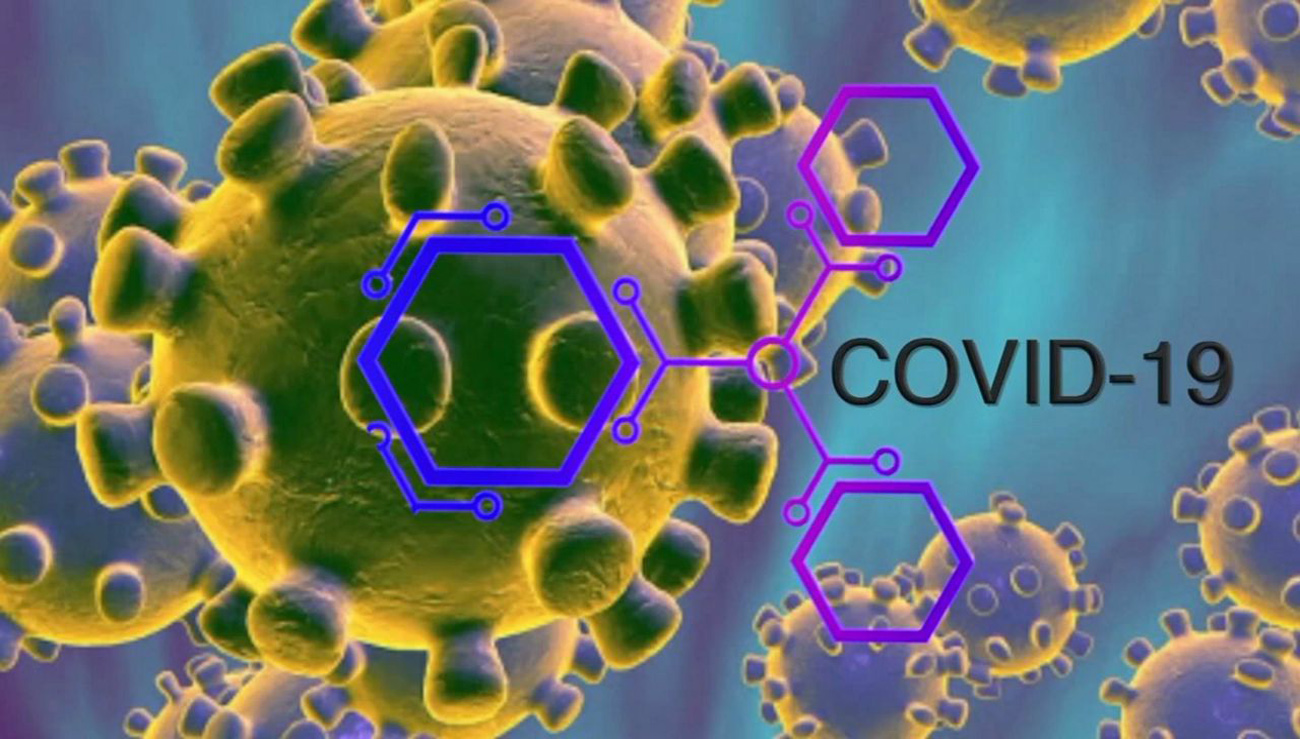
Fostering Productive Thinking Among Elementary School Students Through FIESI Model
Abstract:
Productive thinking is the cognitive ability to plan, reason logically, analyse, synthesize, evaluate, and make decision to reach at the solution of the problem or we can say that it is the ability by which one can refine their creative work with critical thinking to give strength and value to it. It is a way to solve problems creatively. For this research, a model has been developed called as FIESI (Foundation, Ideation, Evaluation, Stabilization and Implication) for fostering productive thinking. Researchers conducted an experiment to foster productive thinking among VIII standard students with the help of this model as elementary level is delimited to standard VIII. Quasi-experimental pre-test post-test control group design was used. Two Kendriya Vidyalayas (Central Schools) were selected purposively for experiment purpose. One section of standard VIII from each school was selected as the sample for the experiment and control groups. Students of both the classes were made equivalent on the basis of a science achievement test. The equivalent groups consist of 26 students each. Researchers taught Science to the experimental group for one academic year (2019-2020) using FIESI model and the control group was taught by their regular teachers. Researchers developed and validated a productive thinking test for data collection. Data were analysed using chi-square. The finding revealed that FIESI model was found significant in fostering productive thinking among standard VIII students.
Author(s):
DOI:
https://doi.org/10.15415/iie.2020.82008
Keywords:
Creative thinking, Critical thinking, Reproductive thinking, Productive thinking, FIESI model
References:
Birch, H.G., & Rabinowitz, H.S. (1951). The negative effect of previous experience on productive thinking. Journal of Experimental Psychology, 41(2), 121–125. https://doi.org/10.1037/h0062635 DOI: https://doi.org/10.1037/h0062635
Chin, C. (2007). Teacher questioning in science classrooms: Approaches that stimulate productive thinking. Journal of Research in Science Teaching, 44(6), 815-843. https://doi.org/10.1002/tea.20171 DOI: https://doi.org/10.1002/tea.20171
Gill, T.K. (1989). Effect of training strategies on CPS skills and cerebral dominance in relation to intelligence personality and cognitive style. Thesis, Department of Education, Panjab University. Retrieved from https://shodhganga.inflibnet.ac.in/handle/10603/79868
Garrette, H.E. (2017). Statistics in psychology and education (6th ed.). Sujeet publication.
Kachhia, A.G. (1990). Adaptation of the cort thinking programme and to study its effect on the children’s creativity. Thesis, Department of Education, Sardar Patel University. Retrieved from https://shodhganga.inflibnet.ac.in/handle/10603/75430
Kingdon, G.G. (2007). The progress of school education in India. Oxford Review of Economic Policy, 23(2), 168–195. https://doi.org/10.1093/oxrep/grm015 DOI: https://doi.org/10.1093/oxrep/grm015
Kumari, S. (2016). Effectiveness of six thinking hats strategy on the development of parallel thinking lateral thinking and general creativity in high school students. Thesis, Department of Education, Kurukshetra University. Retrieved from http://shodhganga.inflibnet.ac.in:8080/jspui/handle/10603/76504
Mayer, R.E. (2002). Rote versus Meaningful Learning. Theory into Practice, 41(4), 226–232. https://doi.org/10.1207/s15430421tip4104_4 DOI: https://doi.org/10.1207/s15430421tip4104_4
Government of India, Ministry of Human Resource and Development (1986). National Education Policy 1986. New Delhi: MHRD. Retrieved from https://www.mhrd.gov.in/sites/upload_files/mhrd/files/upload_document/NPE86-mod92.pdf
Government of India, Ministry of Human Resource and Development (2020). National Education Policy 2020. New Delhi: MHRD.
National Council of Educational Research and Training (2005). National Curriculum Framework 2005. New Delhi: NCERT. Retrieved from: https://ncert.nic.in/pdf/nc-framework/nf2005-english.pdf
National Council of Educational Research and Training (2006). Position paper on national focus group on teaching of science. New Delhi: NCERT. Retrieved from https://ncert.nic.in/pdf/focus-group/science.pdf
Newton, L. (2017). Questioning: a window on productive thinking. Ulm: International Centre for Innovation in Education (ICIE).
Patel, D.D. (1988). A study of productive thinking programme in geography on creativity of students of class IX. Thesis, Department of Education, Sardar Patel University. Retrieved from https://hdl.handle.net/10603/75523
Pahuja, R. (2016). Effectiveness of thinking training programmeCoRT on the basis of creativity. Thesis, Department of Community Education and Development, Punjab University. Retrieved from https://shodhganga.inflibnet.ac.in/handle/10603/207226
Saido, G.M., Siraj, S., Nordin, A.B.B., & Al_Amedy, O.S. (2015). Higher order thinking skills among secondary school students in science learning. The Malaysian Online Journal of Educational Science, 3(3),13-20.
Schuler (1974). The effectiveness of productive thinking programme. Retrieved from https://Files.eric.ed.gov/fulltext/ED103479.pdf
Sridevi, P. (2016). Effectiveness of six thinking hats technique on the problem solving ability of B.Ed. teacher trainee: An experimental study. Thesis, Department of Education, Manonmaniam Sundaranar University. Retrieved from https://hdl.handle.net/10603/175819
World Economic Forum (2016). The Future of Jobs, Employment, Skills and Workforce Strategy for the Fourth Industrial Revolution. Geneva: World Economic Forum.




